
In this article
Inhaling ammonia, often from cleaning products or cat urine, can be harmful. If someone says "my husband's breath smells like ammonia," it might be due to kidney issues, as failing kidneys can cause a buildup of waste in the blood and generate an ammonia-like odor on the breath. Luckily, this is not contagious.
While it's not a disease itself, it could indicate some health issues, such as chronic kidney disease or severe dehydration. If it's you, it's advised to address the cause to get proper treatment and health management. This post will help you do some diagnosis and provide you with some tips and treatments.
Breathing ammonia causes
Breathing ammonia, a gas with a strong, pungent odor found in cleaning products and animal urine, can cause various health issues. Inhalation of ammonia can irritate the respiratory tract, eyes, and skin. It can lead to coughing, wheezing, and difficulty breathing.
Regarding the ammonia-like smell on someone's breath, it is often linked to kidney function. The kidneys filter waste from the blood, and if they are not working properly, waste products like urea can build up. When urea breaks down, it produces ammonia, which can cause an ammonia-like odor in the breath. This can be a symptom of kidney disease or failure, dehydration, or a high-protein diet, which increases the production of urea.
Other potential causes of an ammonia smell on the breath include certain infections, liver disease, and metabolic disorders.
4 ammonia breath odor treatments
Want to know how to treat breathing in ammonia? You can learn from the 4 methods.
Hydration and dietary changes
Increasing water intake helps flush out toxins and reduce the concentration of urea in the blood, potentially decreasing ammonia breath odor. You can try to reduce protein intake and avoiding foods high in ammonia, like aged cheese and processed meats, can help.
Price:
Minimal cost, primarily for bottled water if needed and dietary adjustments.
How-to guide:
-
Drink at least 8-10 glasses of water daily.
-
Limit intake of high-protein foods and choose more fruits and vegetables.
-
Monitor diet changes and their impact on breath odor.
Kidney function management
For those with compromised kidney function, treatments may include medications, dialysis, or even a kidney transplant.
Price:
Medications: $10-$100 per month depending on the prescription.
Dialysis: Approximately $500 per session, with sessions needed multiple times per week.
Kidney transplant: Costs can range from $260,000 to $300,000, including surgery and post-operative care.
How-to guide:
-
Find a nephrologist for an accurate diagnosis and treatment plan.
-
Follow prescribed medication regimens and lifestyle modifications.
-
If on dialysis, adhere to the schedule and dietary restrictions.
-
For transplant, undergo necessary evaluations and follow pre- and post-operative guidelines.
Dental and oral hygiene
Maintaining good oral cleaning routine can help reduce ammonia odor caused by bacteria in the mouth.
Price:
Toothpaste and mouthwash: $5-$10 per month.
Regular dental checkups: $75-$200 per visit without insurance.
Professional cleanings: $75-$200 per session.
How-to guide:
-
Brush teeth at least twice daily with fluoride toothpaste.
-
Use an antiseptic mouthwash to kill bacteria.
-
Floss daily to remove food particles and plaque.
-
Visit a dentist regularly for checkups and professional cleanings.
Addressing medical conditions
You can find underlying conditions like liver disease, infections, or metabolic disorders can help reduce ammonia breath odor.
Price:
Varies widely based on the condition and treatment required. Routine medical visits range from $100-$300 without insurance. Specific treatments may include medications, lifestyle changes, or surgery.
How-to guide:
-
Make an appointment with a healthcare provider for a comprehensive evaluation.
-
Follow the prescribed treatment plan, which may include medications, dietary changes, or other interventions.
-
Monitor the condition and report any changes or improvements to the healthcare provider.
Tips to prevent breath smelling of urine fast
To quickly prevent breath from smelling like urine (which is often due to an ammonia-like odor), follow these tips:
Increase hydration
How-to: Drink plenty of water throughout the day. Aim for at least 8-10 glasses to help flush out toxins.
Why: Proper hydration helps dilute urea in the bloodstream, reducing the likelihood of an ammonia smell
Improve your routine
How-to: Brush your teeth at least twice daily, floss daily, and use an antibacterial mouthwash.
Why: Good oral hygiene removes food particles and bacteria that can contribute to bad breath.
Modify diet
How-to: Reduce intake of high-protein foods and avoid foods with strong odors, such as garlic and onions.
Why: High-protein diets can increase urea production, while certain foods can contribute to bad breath.
Chew sugar-free gum or mints
How-to: Chew sugar-free gum or suck on sugar-free mints throughout the day.
Why: These stimulate saliva production, which helps neutralize and wash away bacteria in the mouth.
Is breathing ammonia bad?
Breathing in ammonia can be harmful and poses significant health risks. Ammonia is found in cleaning products, fertilizers, and animal waste, including cat urine.
Inhalation of ammonia can cause immediate irritation to the respiratory tract and results in symptoms such as coughing, a burning sensation in the throat, and difficulty breathing. It can also irritate the eyes and skin, causing redness, itching, and in severe cases, chemical burns. Short-term exposure to high concentrations can result in serious health issues, including respiratory distress and pulmonary edema.
As for the long-term effects. Chronic exposure to lower levels of ammonia can have long-term effects, particularly on the respiratory system. For instance, workers in industries that frequently use ammonia, such as agriculture and cleaning services, may develop persistent respiratory problems like bronchitis and asthma if they do not use adequate protective equipment.
Those with pre-existing respiratory conditions, such as asthma or chronic obstructive pulmonary disease (COPD), are at greater risk of exacerbated symptoms from ammonia exposure. Even everyday household cleaning can pose risks if ammonia-based products are not used in well-ventilated areas or if protective gear is not worn.
What are side effects of breathing cat urine ammonia?
As we said, breathing in ammonia from cat urine can cause a variety of health issues, primarily due to its strong irritant properties. Immediate exposure can lead to respiratory irritation, resulting in symptoms like coughing, wheezing, shortness of breath, and a burning sensation in the throat.
It can also cause eye and skin irritation, leading to redness, itching, and watering of the eyes, as well as skin rashes. These effects can be particularly severe for individuals with pre-existing respiratory conditions such as asthma or bronchitis.
Chronic exposure to low levels of ammonia from cat urine can lead to more serious health problems over time. Prolonged inhalation may result in persistent coughing, chronic bronchitis, and worsening of asthma.
Exposure is supposed to affect the central nervous system, causing headaches, dizziness, and nausea.


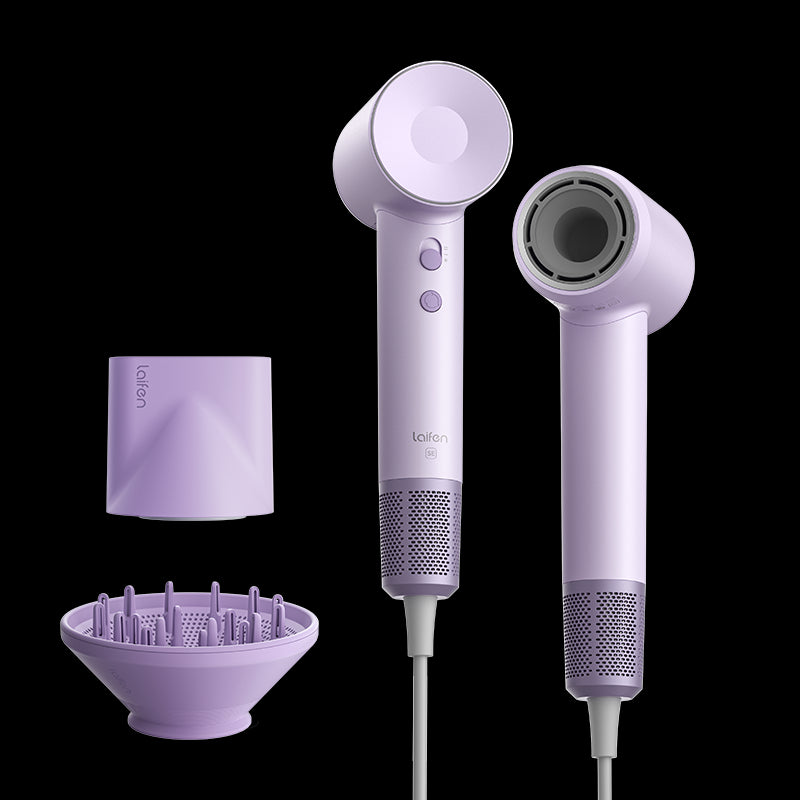


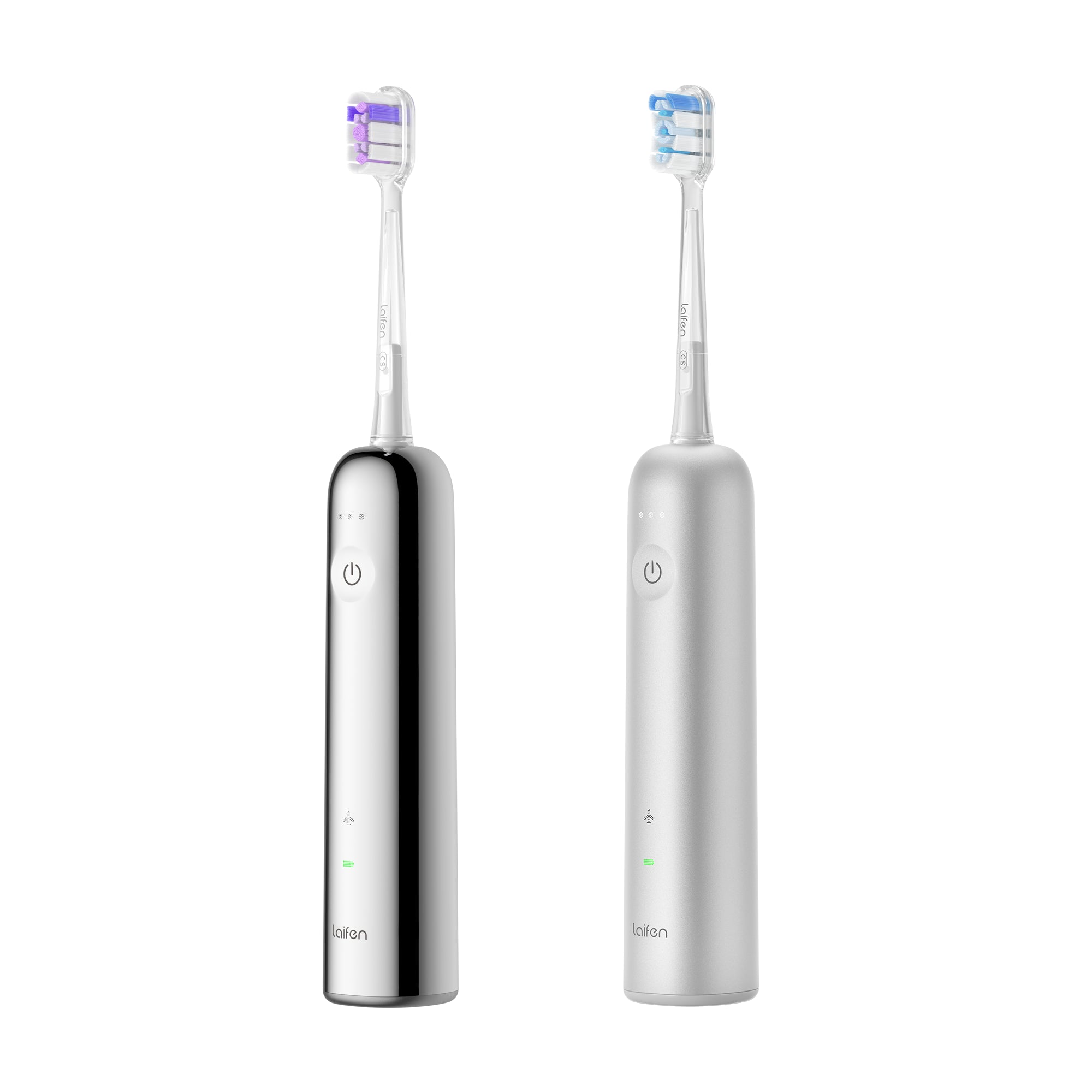
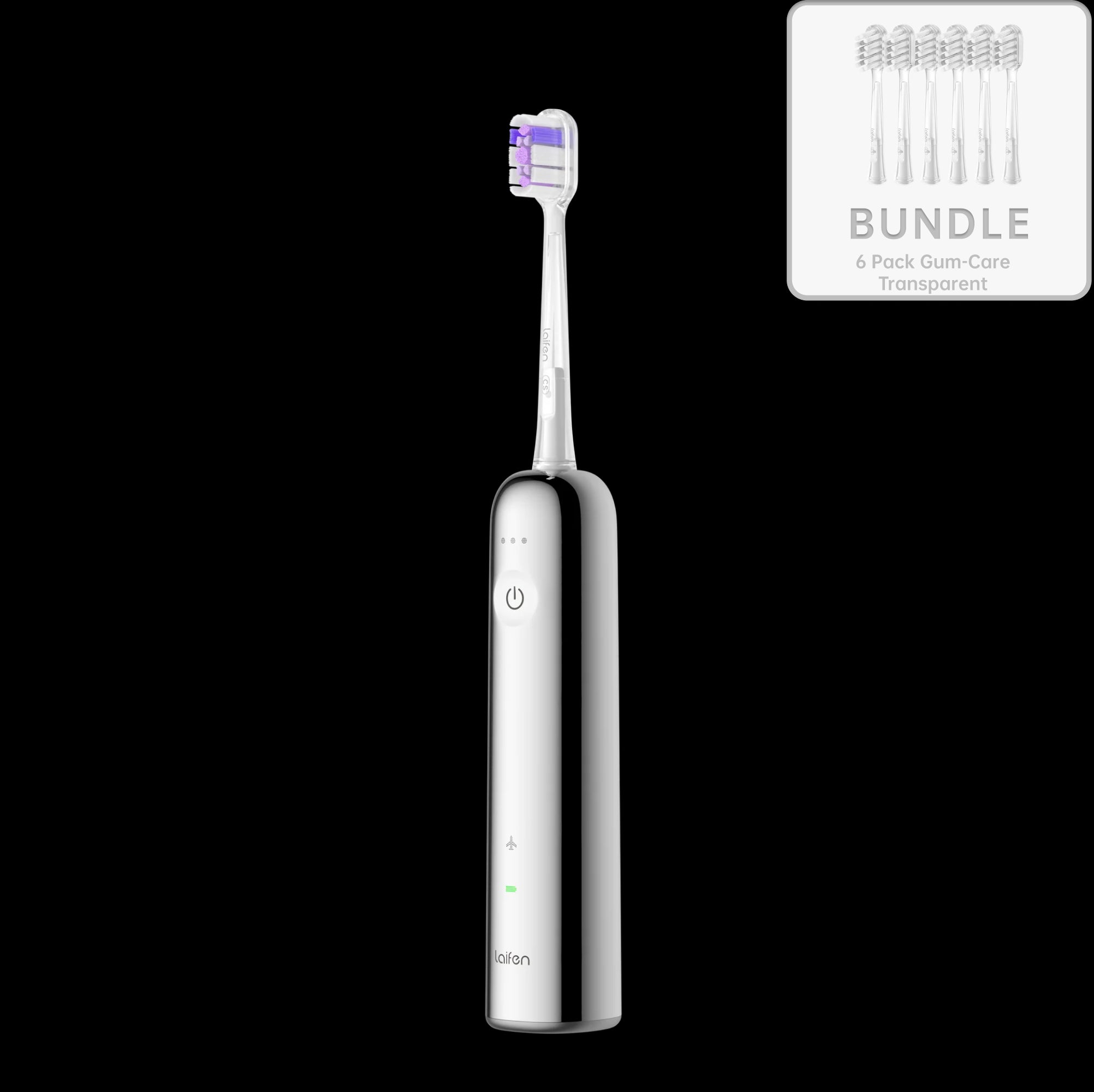
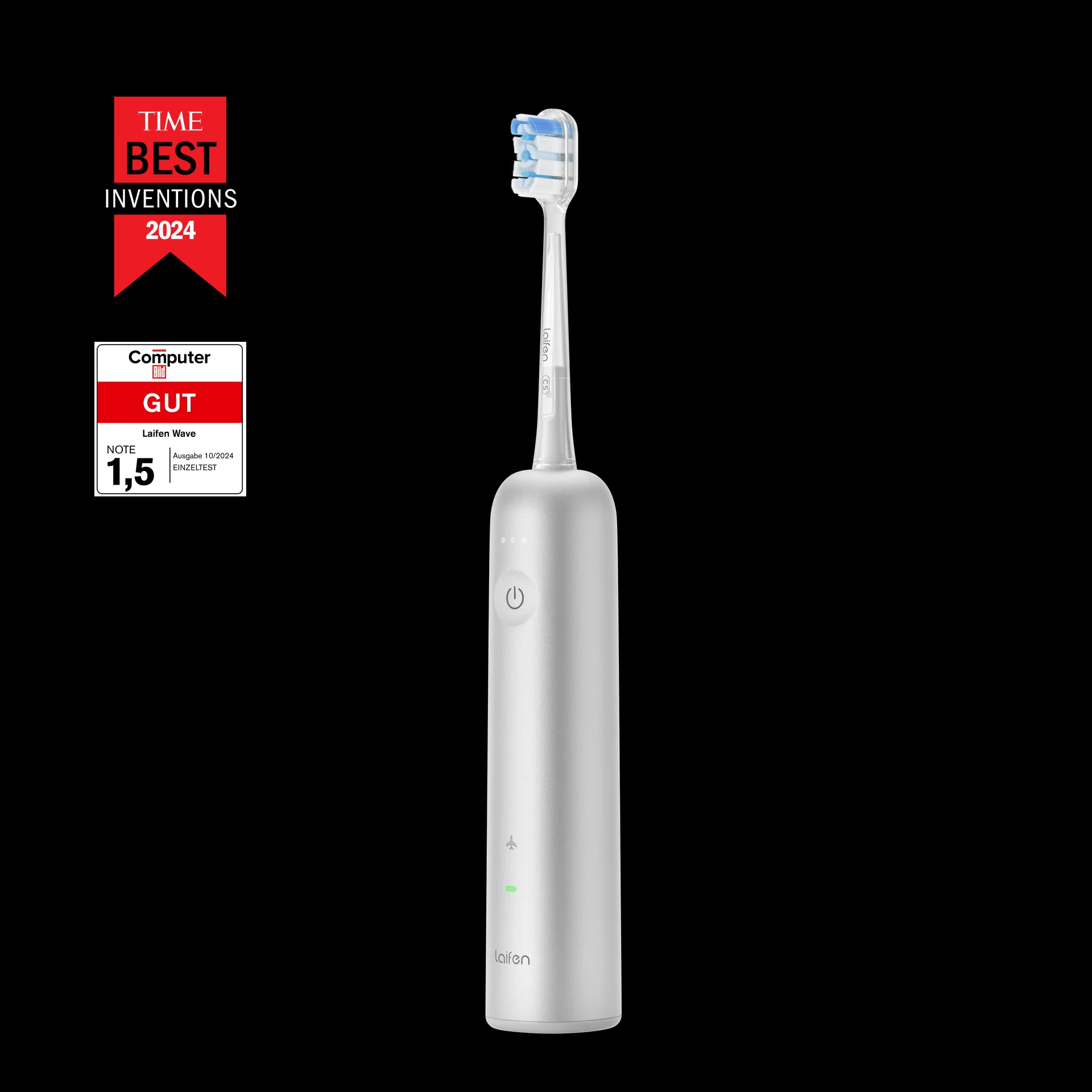





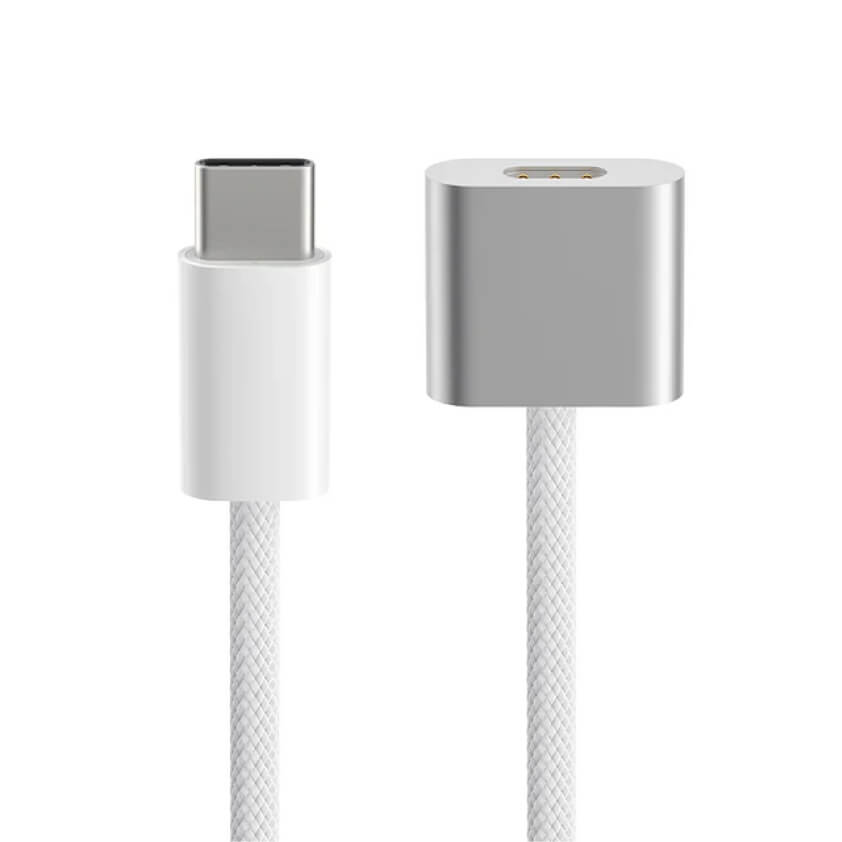
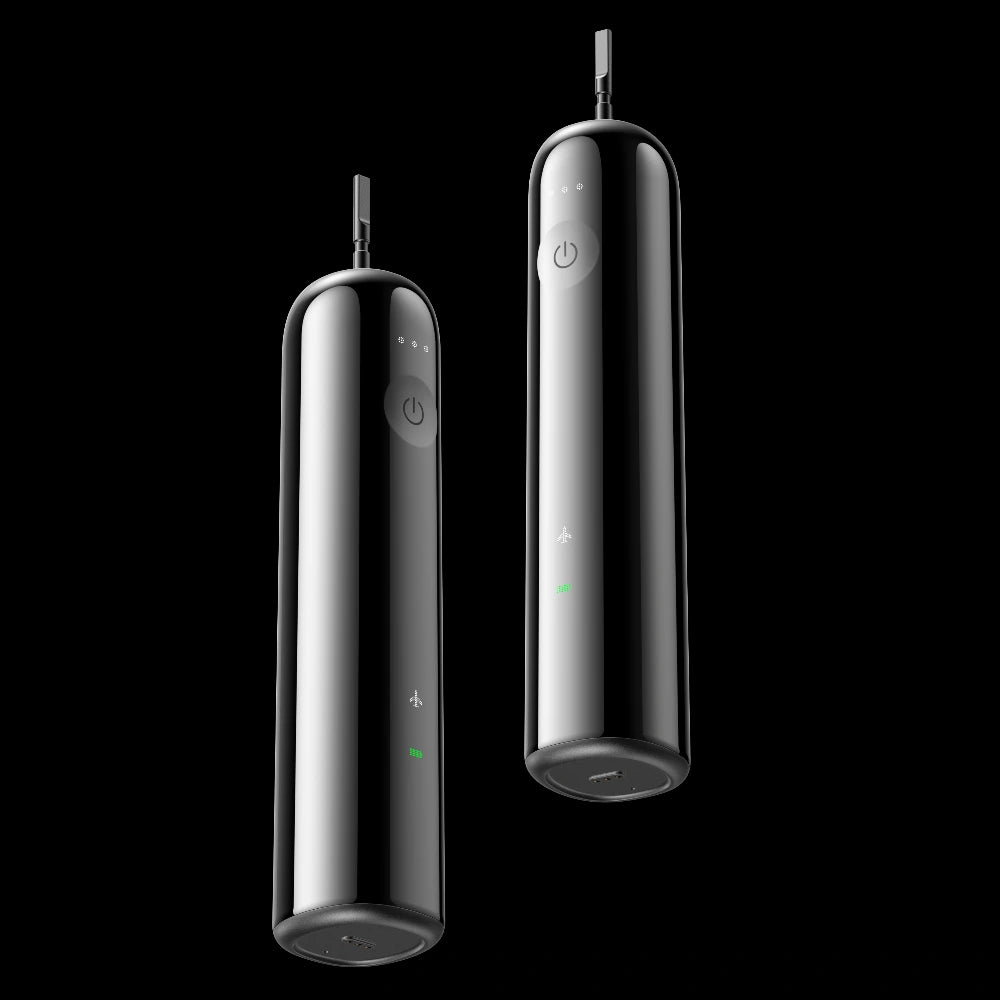
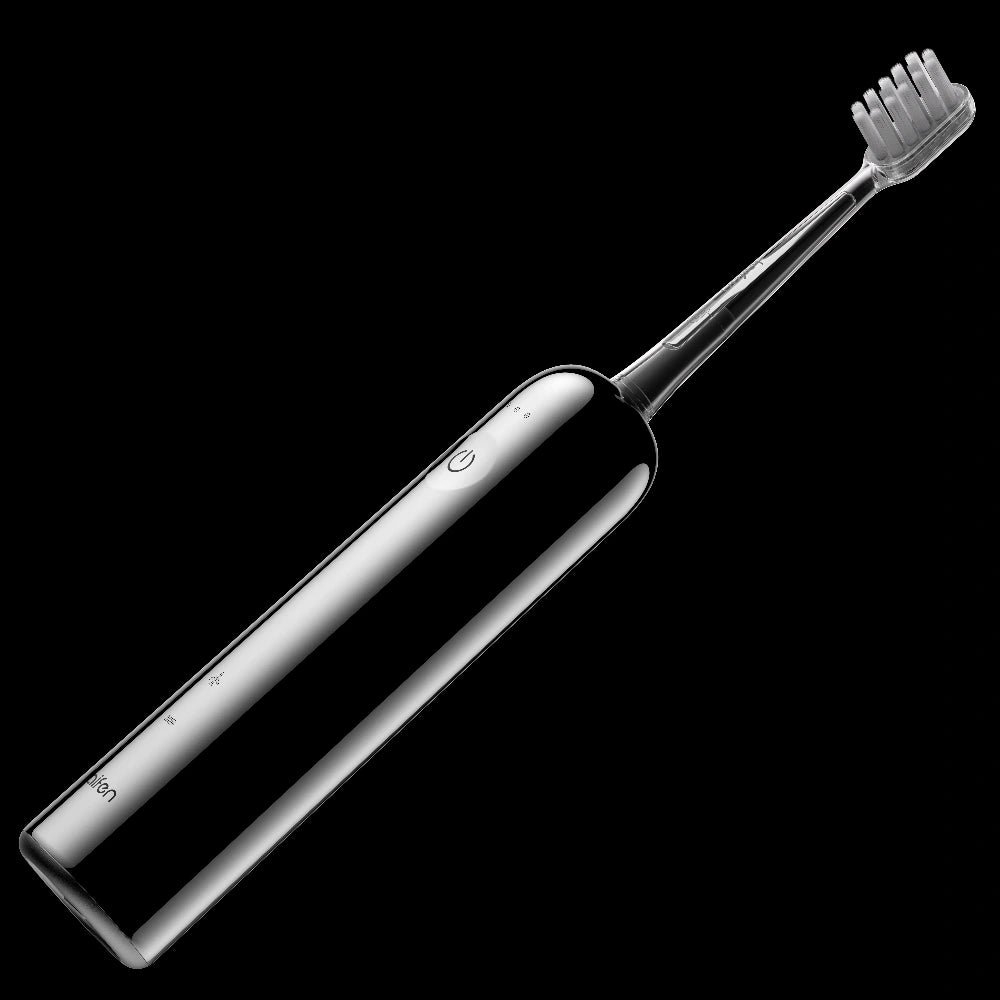
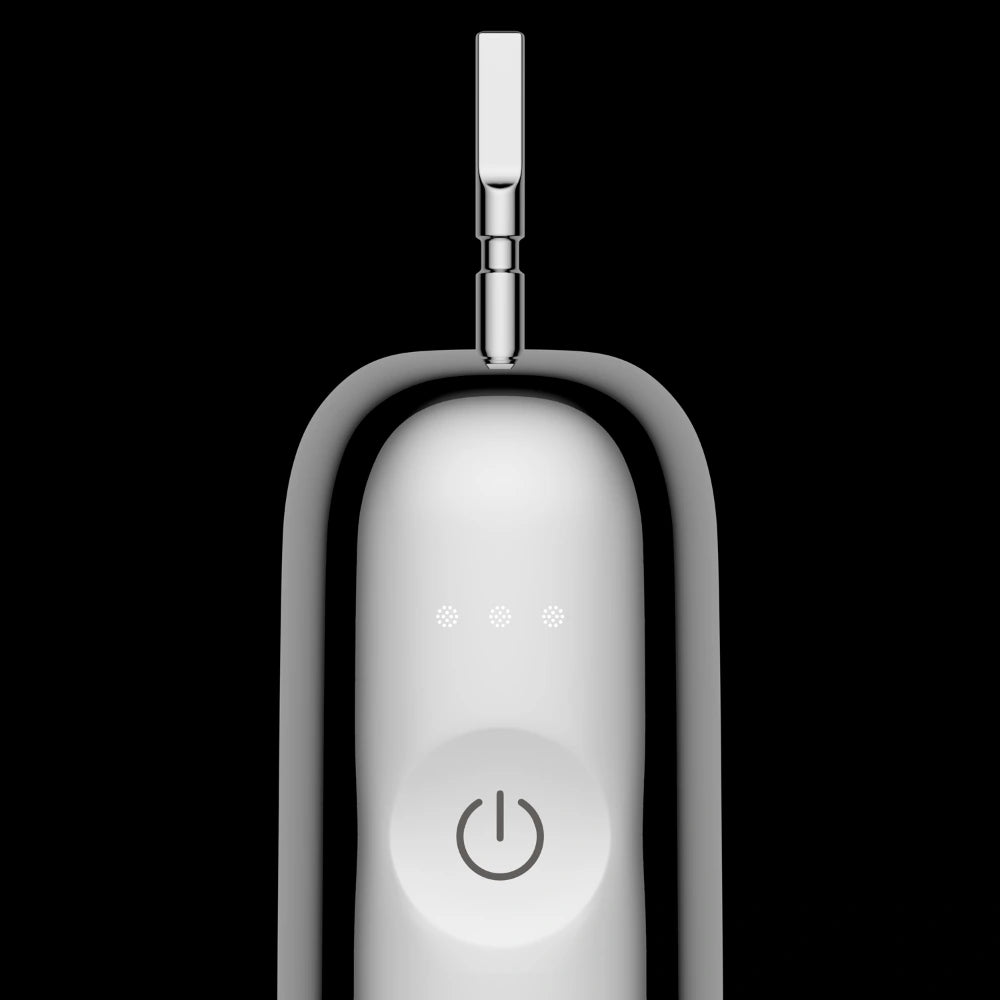

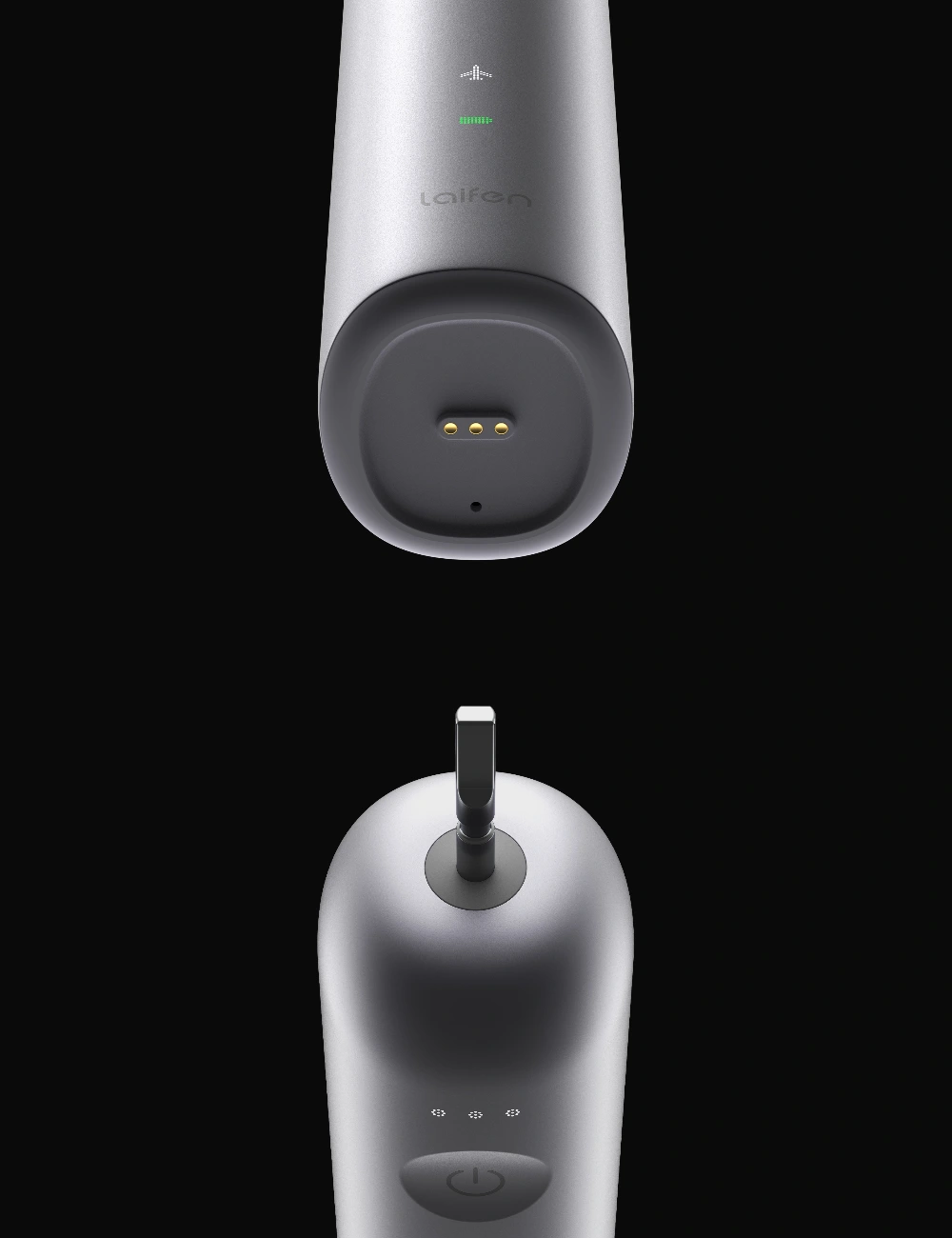
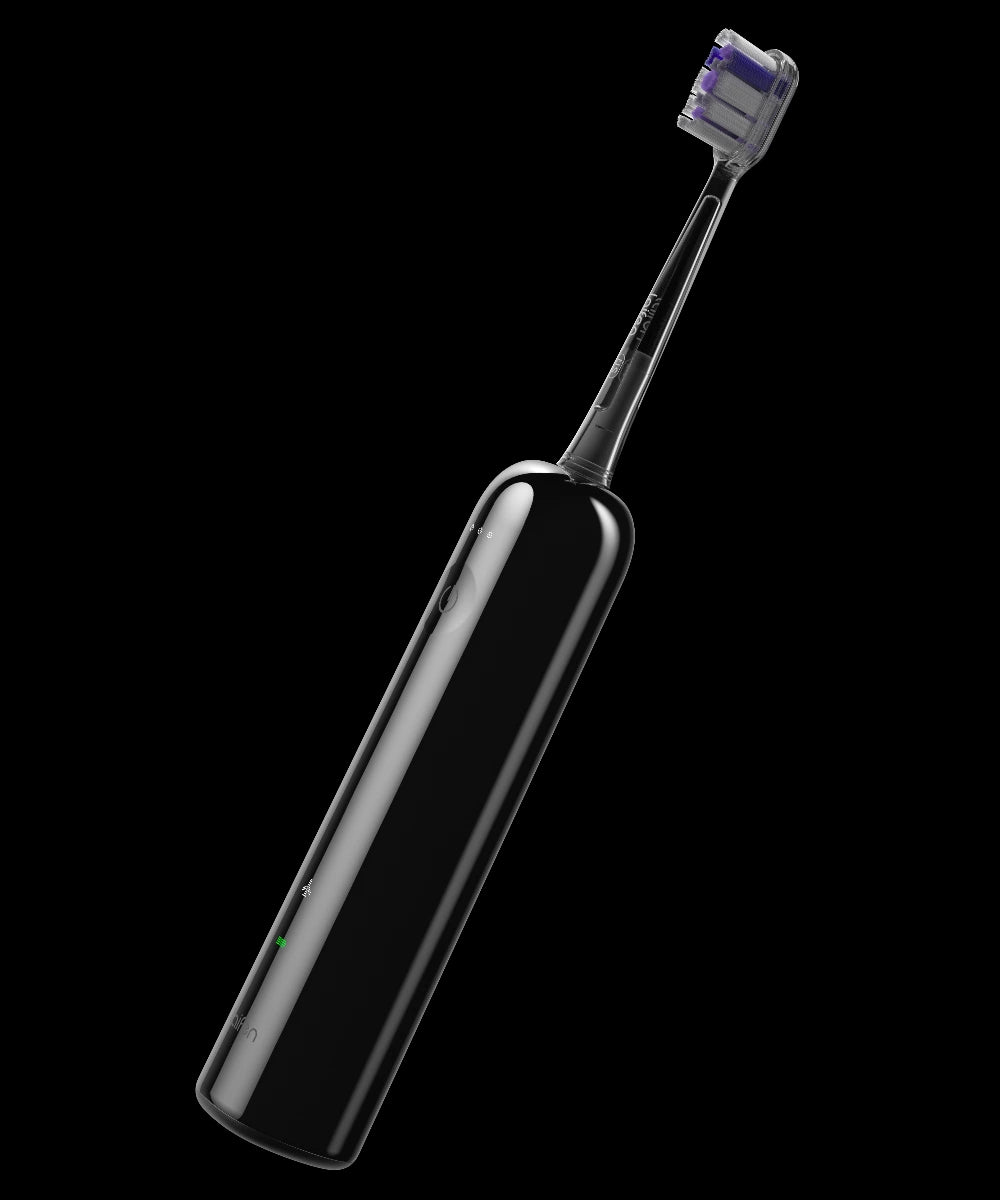
![10 foods that cause bad breath [2024]](http://www.laifentech.com/cdn/shop/articles/foods-that-cause-bad-breath.webp?v=1716435429)





